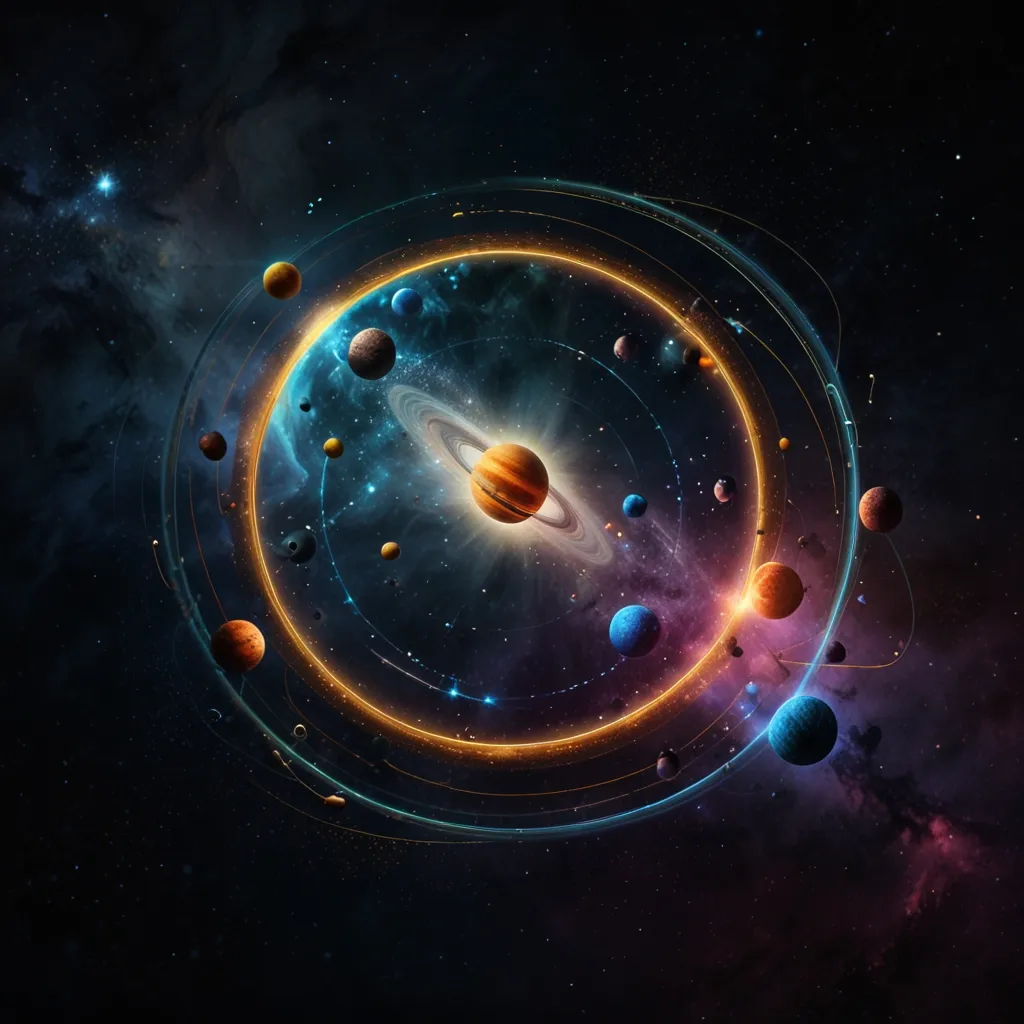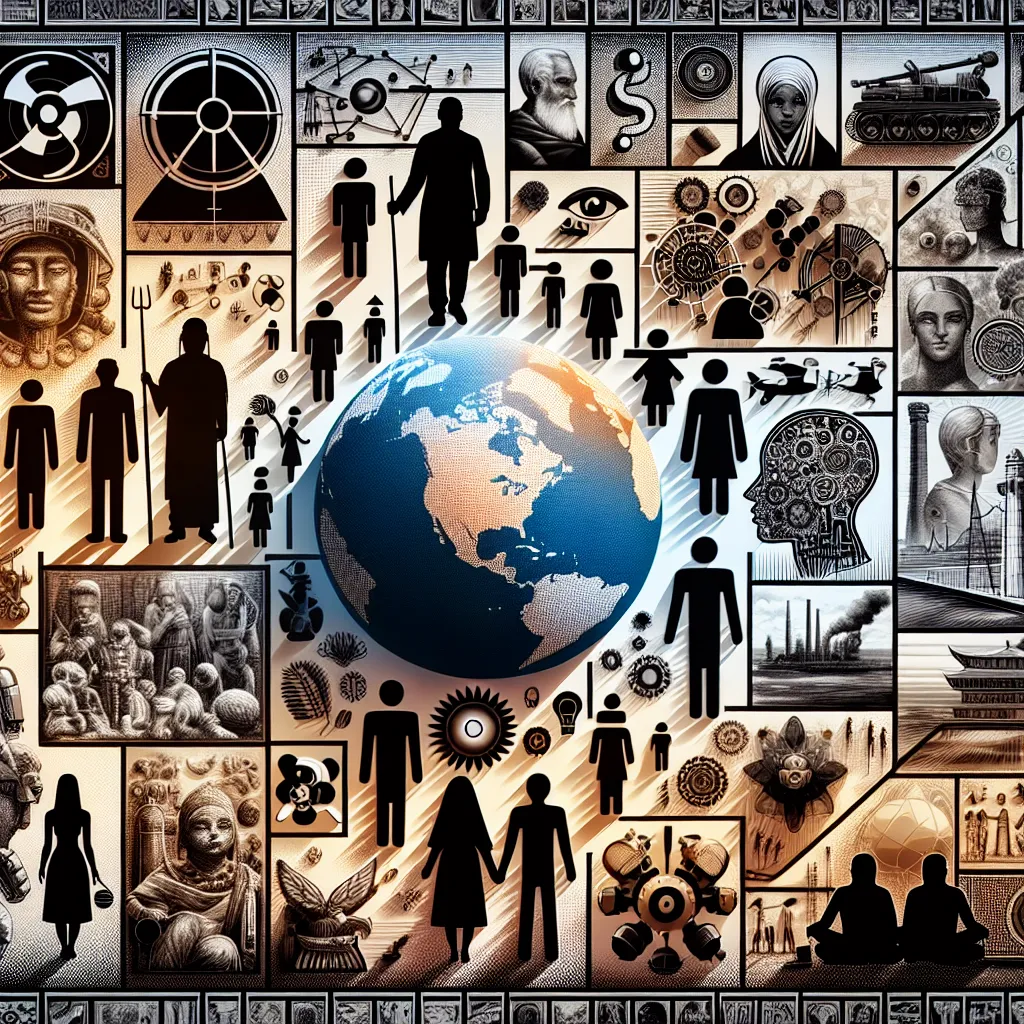Physics brims with constants—values or properties we can only determine through measurement, with no theoretical basis. Among these are the charge of the electron, the gravitational constant, and Planck’s constant. If these constants were even slightly different, the universe as we know it wouldn’t exist, making our very existence unlikely. This enigma is at the heart of the fine-tuning argument.
The fine-tuning argument posits that the constants of nature are so precise that any deviation would result in a universe incapable of supporting life. Some argue that this precision is too improbable to occur by chance, suggesting an agent must have set these values to enable life. Others reject this, but the debate over fine-tuning raises profound existential questions.
Take gravity, for instance. The gravitational constant determines the strength of the gravitational force between objects. If it were slightly smaller, gravity would be too weak for planets to form. Conversely, if it were stronger, stars would burn out too quickly, not leaving enough time for life to evolve. Astrobiologists assert that it takes at least a billion years for life to form on a planet. Thus, the precise strength of gravity is crucial.
Similarly, the electromagnetic constant affects the size of atoms. A weaker force would mean larger atomic sizes and altered chemistry, while a stronger force would render stars too cool and short-lived. Moreover, the strong coupling constant, which holds protons and neutrons together in a nucleus, also demands precision. A slight change would prevent the formation of atoms essential for life, like oxygen and carbon.
The weak force constant plays a vital role, too. If it were significantly larger, hydrogen could have turned into helium in massive quantities during the Big Bang, making stars rare and drastically reducing the availability of water. Conversely, a smaller weak force constant could result in a universe filled with neutrons and few atoms, eliminating the possibility of life as we know it.
These considerations make the fine-tuning argument seemingly robust. However, there are counterarguments worth exploring. While the universe seems to demand precise constants, labeling this as unnatural presumes that other values could naturally exist, yet we have no evidence of alternatives. In fact, we can’t even assess the probability of these values as we have only one universe to study.
Additionally, the masses of fundamental particles like quarks and electrons appear interdependent. Changing their masses might not drastically affect life, as long as their relationships remain constant. The same applies to the neutrino’s mass, which, while small, seems arbitrary.
A significant argument against fine-tuning involves our anthropic bias. We might assume life as we know it is the only form of life possible, but bio-chemists suggest alternative life forms could arise from elements other than carbon, like silicon.
Furthermore, if the universe were truly fine-tuned for life, why isn’t life more prevalent? Most of the universe is hostile to life, and we rely on technology to survive beyond Earth. Even if fine-tuning exists, it doesn’t necessarily imply a creator. An omnipotent being wouldn’t need fine-tuning to create life; it could transcend our physical laws entirely.
Despite the intriguing debates, our understanding of the universe is still incomplete. We have yet to decipher dark matter, dark energy, or the matter-antimatter asymmetry, among many other mysteries. Future advancements could offer explanations for the constants and demystify what currently appears as fine-tuning.
Reflecting on Einstein’s analogy, we’ve only glimpsed the tail of the lion that is nature. The future may hold more revelations that uncover the full grandeur of this cosmic lion.






